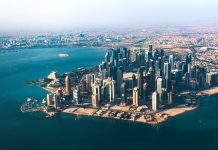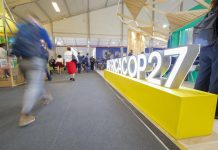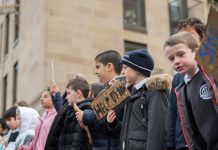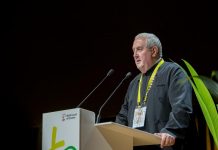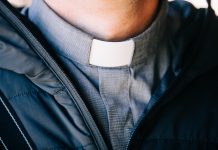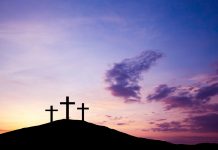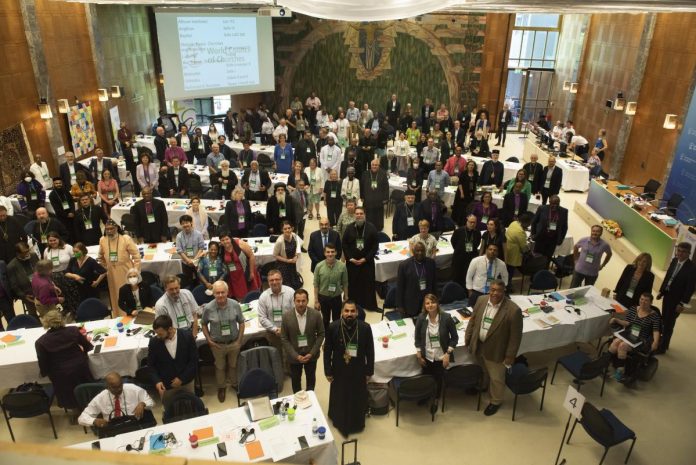
Rev. Dr Hanns Lessing, from the Evangelical Church of Westphalia, is acting general secretary of the World Communion of Reformed Churches. He moderated a confessional meeting of reformed and united churches at the meeting of the World Council of Churches (WCC) central committee. Below, he shares highlights from the meeting.
Did you reflect on the theme of the WCC 11th Assembly, “Christ’s love moves the world to reconciliation and unity”?
Dr Lessing: We spent some time describing the dynamic of the assembly theme in the churches represented at the meeting. We talked about where the theme leads us. Many people were saying the theme doesn’t communicate easily, that it kind of leads to a certain “churchy withdrawal.” But it was also noted that, the moment you start to engage in it more deeply, then it opens up to the many current debates and gives important insights and direction. People gathered thought it was very important to really unfold the theme, to communicate constructively and positively in a diverse religious environment.
What were some reflections on how we live into reconciliation and unity?
Dr Lessing: We discussed concrete, action-oriented steps. One was that reconciliation must not become a silencing discourse. We cannot force people who are survivors of violence to silence their experience of pain and suffering to make a superficial reconciliation possible. If reconciliation takes place from below, from the perspective of pain and suffering, then it has a very large transformation base. We had quite an input from the perspective of Indigenous people.
What were the highlights of discussion on the war in Ukraine?
Dr Lessing: Representatives from the reformed and united churches contemplated the need to talk about suspension of the Russian Orthodox Church, but not so much the expulsion of the church but rather about setting boundaries of discernment. There is a passage that has been included in the Ukraine statement from the central committee about not accepting the abuse of religious language to justify war, even while calling for the WCC to be a place of dialogue.
And there were some passionate words on climate change as well?
Dr Lessing: There was very passionate input from the Pacific, experiencing something people might think will take place in the future—but it’s already there, threatening the islands. Deserts are growing and droughts are affecting more areas. The people are forced to migrate so it’s a reality that’s already taking place and it needs to be taken up in discussions.



